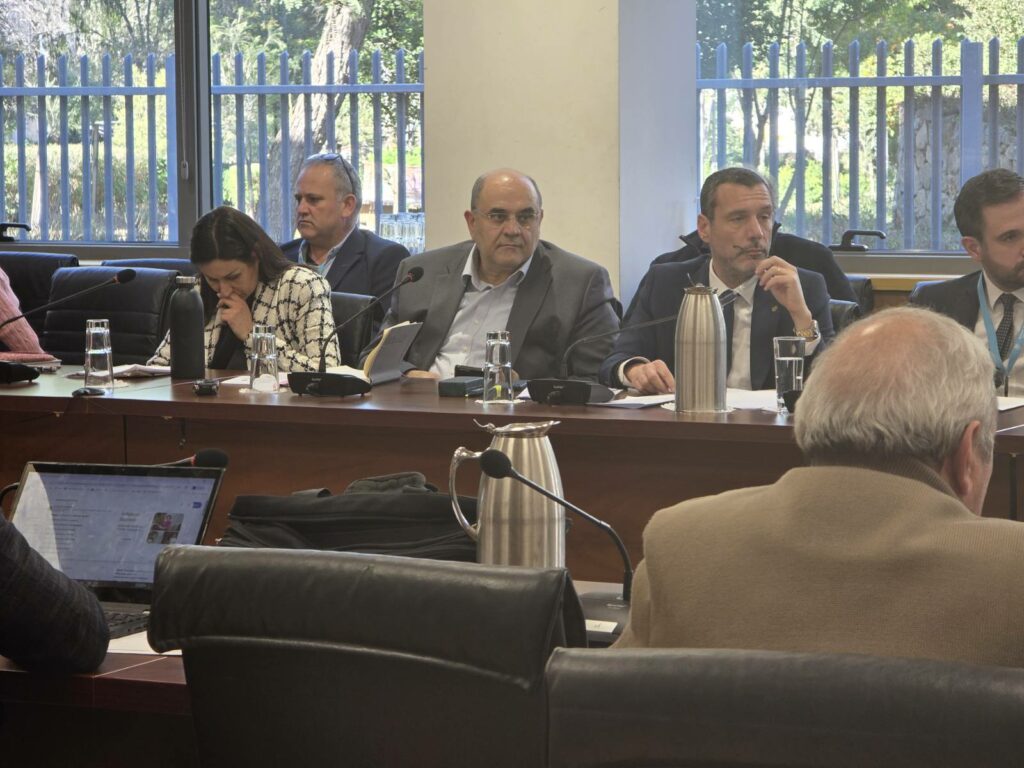At a recent industry event, Clem Delangue, the co-founder and CEO of Hugging Face, presented a compelling analysis of the current AI market. Delangue argued that the prevailing focus on large language models (LLMs) is inflating an “LLM bubble” that may well burst, yet emphasized that the broader AI landscape remains robust and promising.
Reassessing The Llm Phenomenon
Delangue contended that while public and investor attention is disproportionately fixated on LLMs—models powering breakthrough products such as ChatGPT and Gemini—this spotlight may soon shift. He explained, “I think we’re in an LLM bubble, and I think the LLM bubble might be bursting next year.” However, he was quick to note that LLMs represent only a subsection of AI’s expansive potential, which spans across fields such as biology, chemistry, imaging, audio, and video processing.
Follow THE FUTURE on LinkedIn, Facebook, Instagram, X and Telegram
The Case For Specialization
Highlighting the limitations of an overreliance on generic LLMs, Delangue suggested that smaller, specialized models are likely to gain traction. He warned against the simplistic notion that investing massive computational resources in a single model will address every challenge. Instead, he envisions a future where a diverse array of tailored solutions emerge to meet distinct business needs. For instance, a banking chatbot, optimized for specific functions, might benefit from a leaner, more cost-effective model deployed directly on enterprise infrastructure.
A Prudent And Sustainable Approach
While acknowledging the potential downsides of an LLM-centric market, Delangue underscored that such an eventuality would have a minimal overall impact on the rapidly expanding AI industry. He contrasted Hugging Face’s capital-efficient strategy with that of other AI players, noting that his company retains a significant portion of its $400 million raised. “In AI standards, that’s called profitability,” he remarked, drawing a distinction between cautious long-term planning and the aggressive spending seen elsewhere in the field.
Looking Beyond The Bubble
With 15 years of experience in AI, Delangue remains focused on building a resilient, long-term enterprise. His outlook is a reminder that while market fluctuations are inevitable, the underlying technological evolution continues to offer substantial opportunities. As investors and executives calibrate their strategies for the coming years, Delangue’s insights provide both a cautionary note and an optimistic vision for the future of AI.









